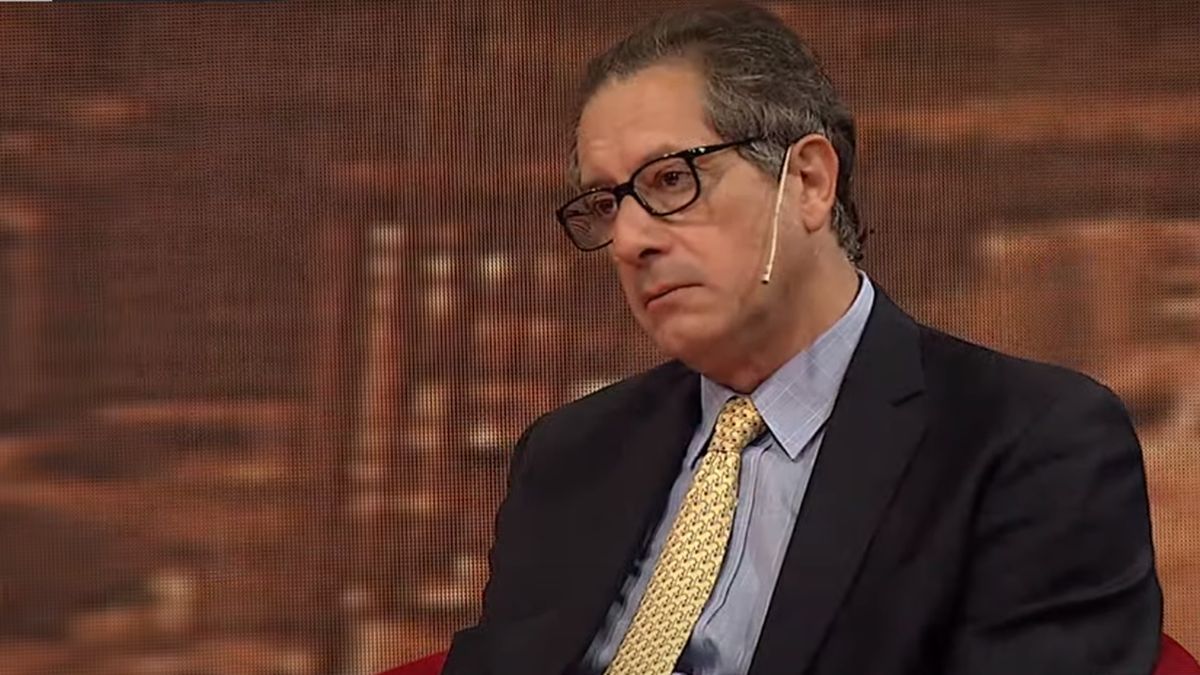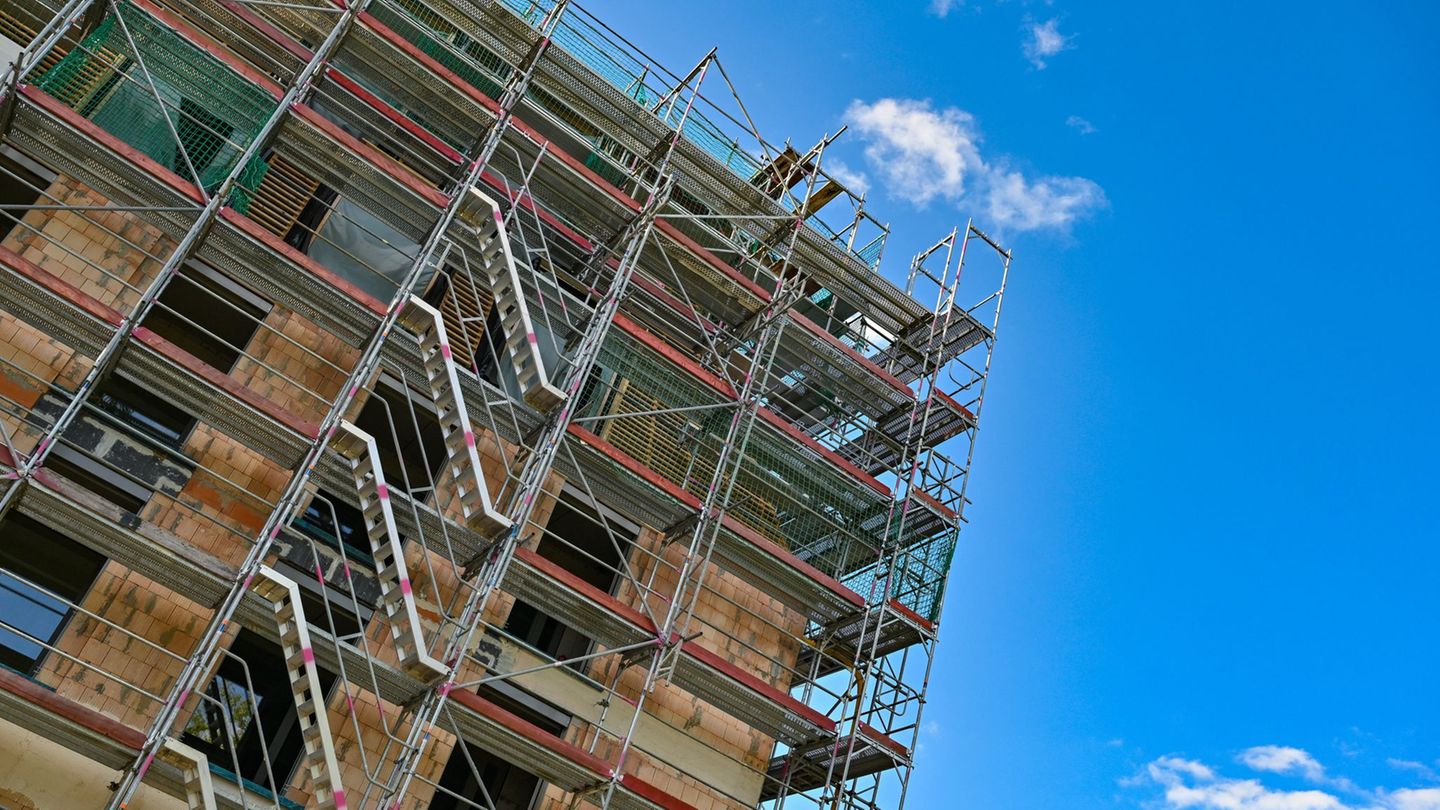“When someone has a strong adjustment in mind, they don’t frame it that way. They give you a symbol that is dollarization, but they don’t tell you that for that you have to make a tremendous adjustment. They are proposing something that sounds like a nice way to cover up the steps prior to dollarization,” Pesce added when asked by the journalist about whether the government is evaluating going down that path to combat the rise in prices.
However, he did not avoid expressing his concern about it.. “We are worried about the price increase. Argentina came with exuberant inflation in 2018 and 2019 driven by the adjustment shock in the exchange rate. It was possible to moderate in 2020 and in 2021 we had the first international price shock and now again, ”he explained regarding the reasons for the current rise.
Economies with more stable variables appeal to classic recipes of rate increases to curb inflation. But Argentina has macroeconomic problems that put it in a precarious situation. “If we were in an economy with 2% unemployment and 4% poverty and international credit, the equation is easily resolved: it can open the economy, cause a drop in aggregate demand and moderate inflation,” said Pesce. and added: “Argentina does not have international credit and has 40% poverty. We are not in a position to apply adjustments to those characteristics.”
The way out of an inflationary spiral, he considered, it has to be “with growth and this is not a slogan, it is an objective fact”. And he noted: “We need mass consumption companies to respond to the pulls in aggregate demand due to the results of joint ventures and public policies, with more production and not with more price increases”.
At the same time, he reaffirmed that “what we need is to grow” but pointed out that “many of the companies that produce mass consumption products, which have an 80% impact on the market, in many products are working at the limit of installed capacity. And when you have a cliff of US$19 billion, which was the obligation with the IMF this year and the next, there is no one to invest”.
“The big bet is growth. We can have the best parity, the best social policies, but If we don’t get those companies that have to produce goods to satisfy demand to not invest and not increase production, we will have inflation. and not growth,” he added.
In turn, he considered that Argentina had a serious problem in its external sector to grow since “it had borrowed rapidly from 2016 to 2019 and had generated several precipices (…). If Argentina did not resolve it, no one could believe that it would grow. Removed those obstacles, today it has a horizon of possible growth”.
In this sense, he focused on foreign trade and the surplus of the trade balance. “Exports, which were at US$60 billion in the last five years, last year were US$70 billion and this year we expect US$80 billion,” he said.
Exchange stability is a fundamental point to contain inflation in a country with a bi-monetary economy. That is why the rise in rates and the agreement with the IMF can bring a bit of air, as long as international prices do not continue to put pressure.
Regarding the projections that can be made for the end of the year, Pesce did not hesitate to affirm that it is expected “that inflation is less than 50% and we have even reflected it in our agreement with the IMF. We do not make forecasts but we hope it will be less”. In addition, he made it clear that the Government promised that the reference interest rate would have a positive interest with respect to inflation and pointed out that the rise or fall will depend on the evolution of prices: “We hope that inflation will change the trend and slow down. In that game is where we are going to continue measuring whether to raise the rate or maintain it.”
Lastly, he referred to a complex issue such as the exchange trap. To withdraw it definitively, “the capital market must be improved,” she said. “Argentina does not have a saving problem. He has a lot of savings. You have a problem that you cannot transform your savings into investment. When we achieve that, it will be a key issue to overcome the stocks, ”he added.
Source: Ambito
David William is a talented author who has made a name for himself in the world of writing. He is a professional author who writes on a wide range of topics, from general interest to opinion news. David is currently working as a writer at 24 hours worlds where he brings his unique perspective and in-depth research to his articles, making them both informative and engaging.




